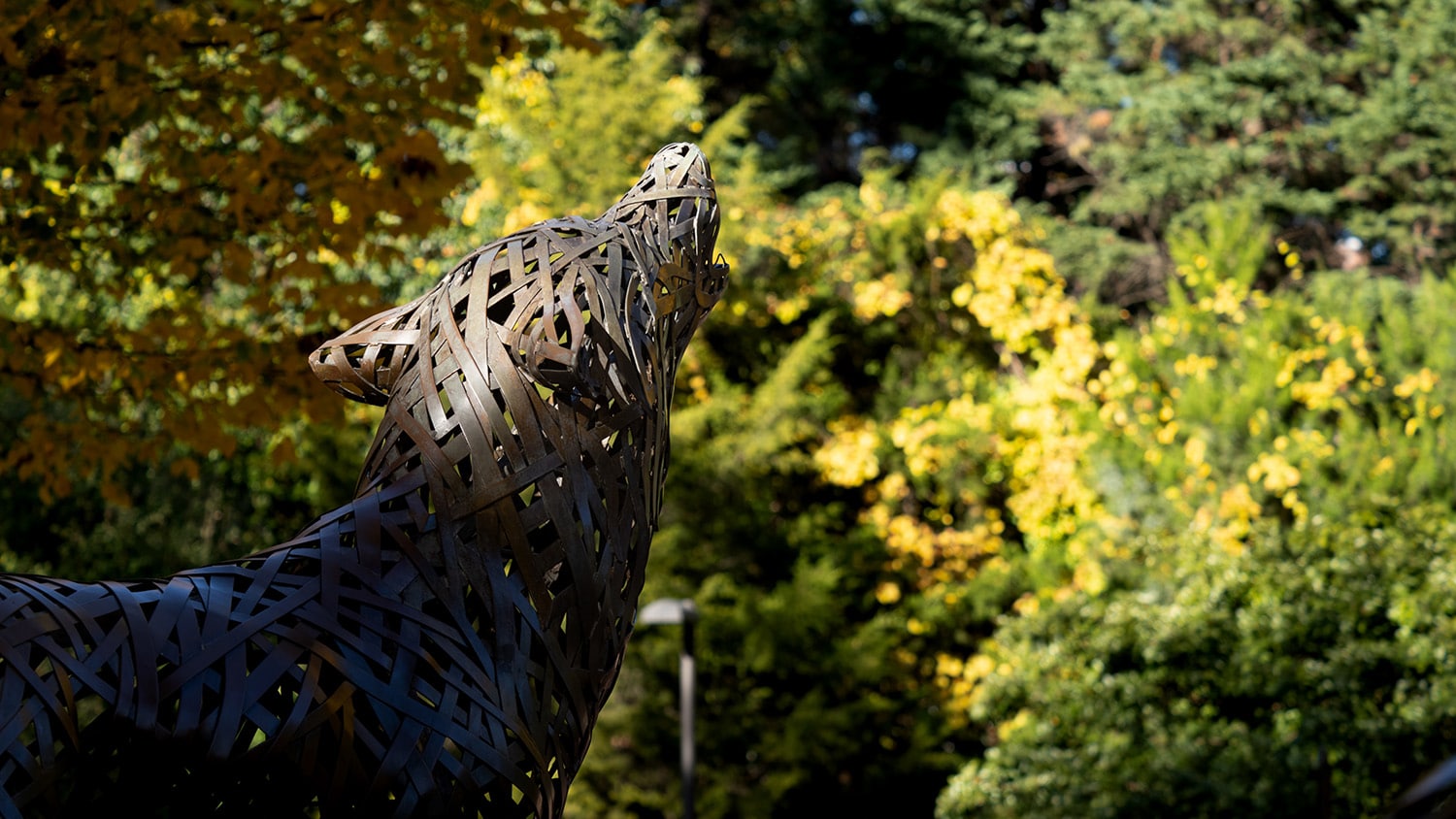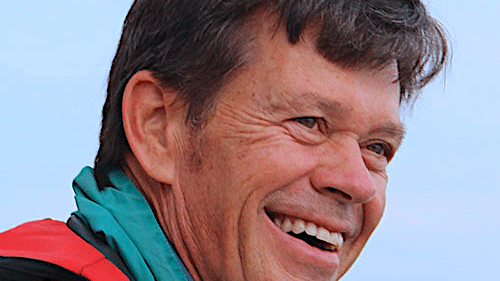Meet the College of Sciences’ New Science Communicators and Educators
The College of Sciences has appointed three tenure-track assistant professors whose positions will have an emphasis on research on science communication, education and outreach.
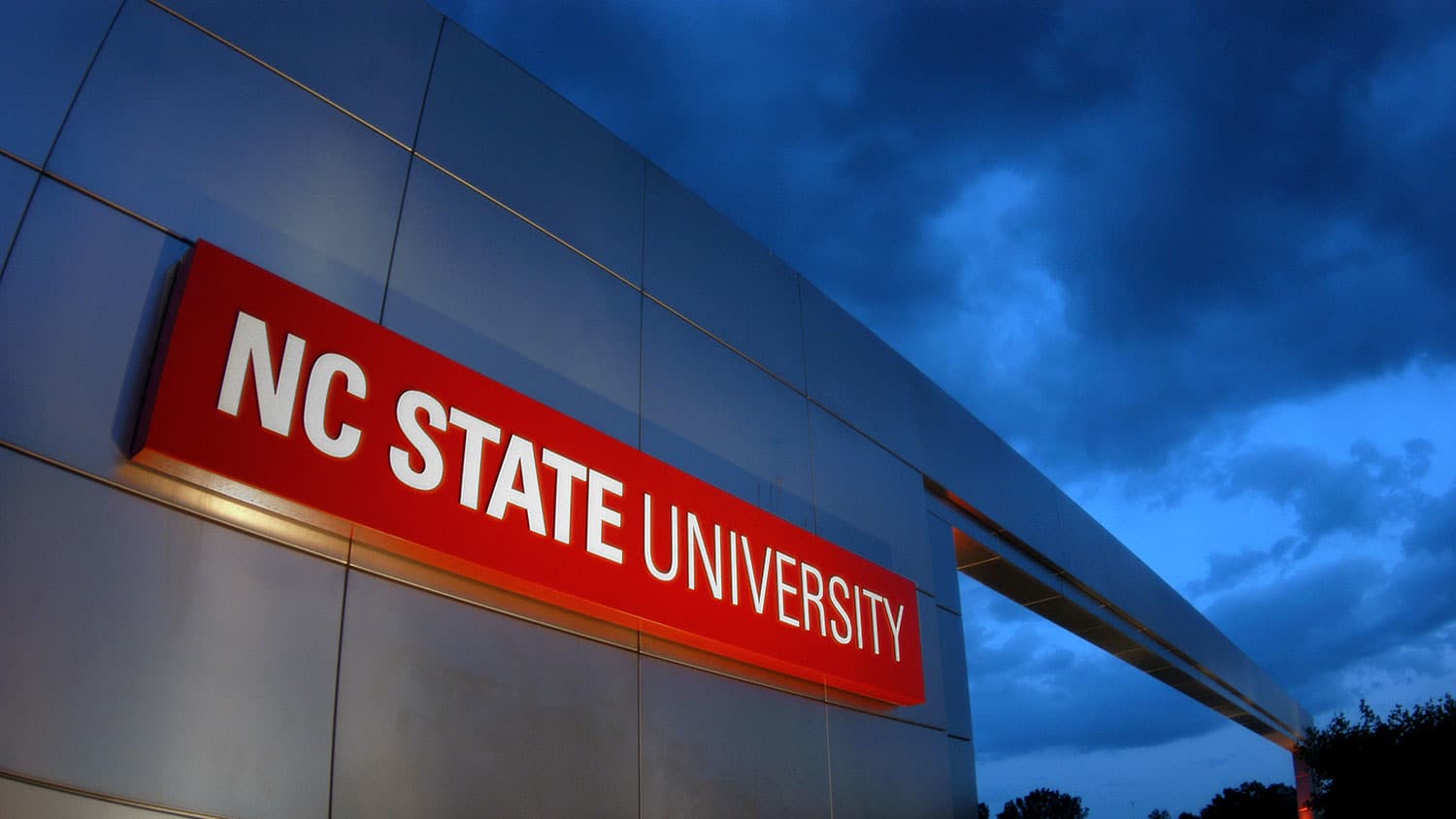
The College of Sciences has appointed three tenure-track assistant professors whose positions will have an emphasis on research in science communication, education and outreach. The new roles will help advance one of the college’s strategic priorities to increase public participation in science at the local and global levels.
The new assistant professors will play key roles in developing physical and biological science programs, leveraging creative pedagogical approaches, and fostering a collaborative and student-centered learning environment. They will teach undergraduate and graduate courses related to science communication, education, outreach and policy and contribute to the development of innovative instructional methods.
These faculty will also work with existing faculty and leadership to drive positive student outcomes and elevate interdisciplinary teaching and learning. These activities will include interfacing with the Integrative Sciences Initiative to reimagine STEM education, communication and policy landscape. In addition, the new faculty members will have opportunities to collaborate with staff in the college’s K-12 outreach unit, The Science House, as well as the North Carolina State Climate Office.
Meet the college’s three new science communicators and educators:
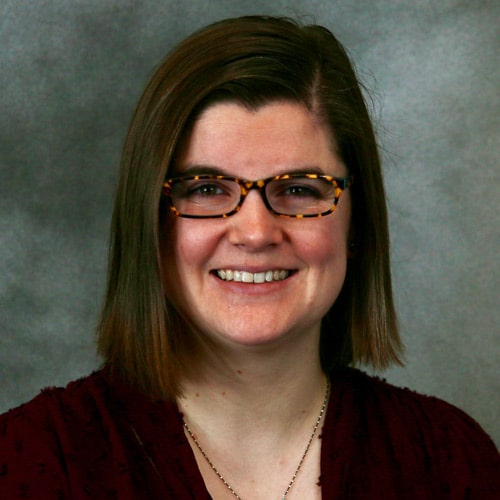
Alexandra (Lexie) Cooper is a postdoctoral research associate in the Department of Biochemistry and Molecular Biology at the University of Georgia. Her research program uses established theories and methods to understand instructor decision-making when teaching science practices in contexts like inquiry, course-based undergraduate research experiences and lecture courses. She works to translate her research into practical resources that all instructors can use to support their students’ engagement with science practices. Cooper has experience developing and implementing innovative curricula to train graduate teaching assistants in teaching laboratory courses. Her teaching philosophy centers around developing her students’ skills — including evidence-based reasoning — by bringing research into the classroom. She earned a bachelor’s in soil, water and environmental science from the University of Arizona, a master’s in biology from San Francisco State University and a doctorate degree in molecular and cellular biology from the University of Arizona. She will start her work in the Department of Biological Sciences on January 1, 2026.
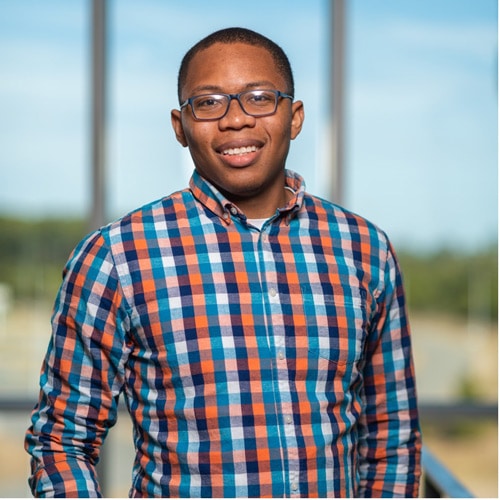
Eric Wade is an assistant professor in the Department of Coastal Studies at East Carolina University. He has worked as a fisheries officer for the Government of Belize and as a fisheries governance expert for the United Nations Food and Agriculture Organization. His research explores how coastal communities conceptualize and respond to emerging marine energy technologies; stakeholders’ decision-making in natural resource management; and the sociocultural and behavioral drivers of adaptation strategies in marine resource-dependent communities. Through his existing research, Wade collaborates with researchers in various disciplines including civil and mechanical engineering, ecology, economy and physical oceanography. His teaching philosophy involves introducing foundational knowledge, applying it to real-world examples and extrapolating it to students’ areas of interest. Wade earned a bachelor’s in marine biology from the University of North Carolina Wilmington and master’s and doctorate degrees in fisheries science from Oregon State University. He will join the faculty in the Department of Marine, Earth and Atmospheric Sciences in August.
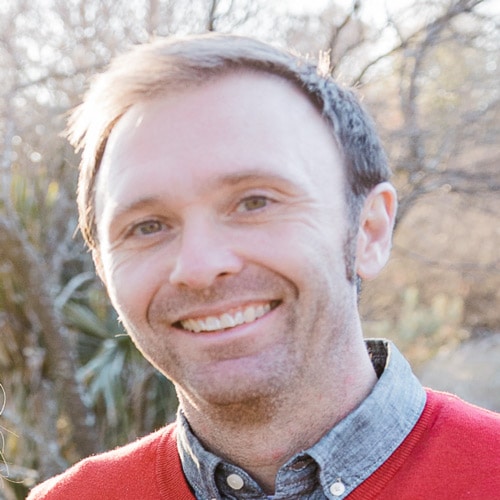
Kasey Wagoner, a teaching assistant professor in the Department of Physics at NC State, has extensive experience developing science education and outreach programs and driving high-quality curriculum. He has served as a professional-track faculty member at four institutions, joining NC State in 2023. He and an NC State neuroscientist co-developed a course, “Physics and the Brain,” which they, along with an NC State College of Education colleague, will use to study aspects of interdisciplinary learning in courses taught by faculty of different disciplines. Wagoner studies fundamental aspects of the universe, including gravitation and the cosmic microwave background (CMB), the universe’s oldest light. He leads education and public outreach endeavors for three of the world’s leading CMB collaborations — Atacama Cosmology Telescope, Simons Observatory and CMB-S4. Wagoner earned a bachelor’s in physics from Eastern Illinois University and master’s and doctorate degrees in physics from Washington University in St. Louis. He starts his new role in August.
